
A Cuban Master on the Dangers of Revolution
A new translation revives Alejo Carpentier’s classic novel about the betrayal of promises for Caribbean liberation.
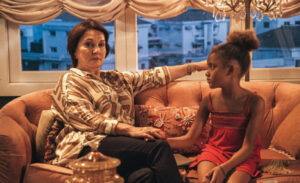
A Missing Maid, a Stranded Child—and an Unlikely Bond
A debut film examines the possibilities for tenderness across divides of race and class in the booming Dominican Republic.

The Queer Cubans Seeking Refuge in Putin’s Russia
For the protagonists of a new documentary, even lonely, snowy Moscow on the eve of war is preferable to life on their native island.
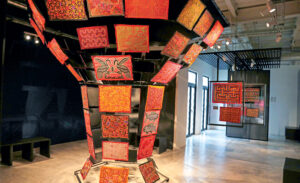
A Community’s Life, Told in Textiles
Panama’s Indigenous Guna people, forced to relocate by rising seas, keep tradition alive by crafting vibrant molas.

Fifty Years On, the “Chicago Boys” Remain Difficult to Discuss
A new book tries to address the thorny, still evolving legacy of Chile’s radical free-market reformers.
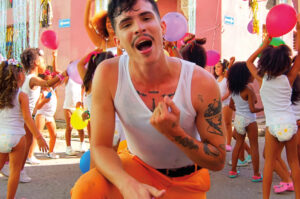
A Dispatch from Cuba’s Grammys
AQ’s music critic presents highlights from the Cubadisco awards in Havana.

In Lima, Money Can’t Save You from Loneliness in Old Age
A new novel follows seniors left behind in a changing city, as they prepare to make a final, radical decision.
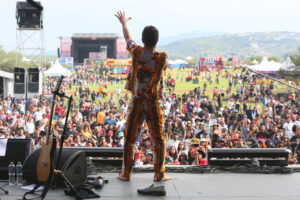
AQ’s Spring Playlist: A “Most Unconstitutional” New Album Roundup
This selection of recent releases features desert-inspired guitars from Ecuador, folk wisdom from Chile and tongue-in-cheek Brazilian wordplay.
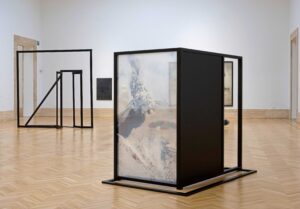
Who Gets to Map Latin America’s Natural World?
A Peruvian artist’s ghostly landscapes raise questions about objectivity and authority in documenting the region’s environment.
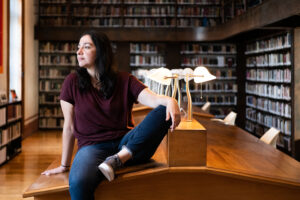
Fernanda Melchor’s Gritty Dispatches from Veracruz
In a darkly humorous collection of stories and “crónicas,” the Mexican writer channels life in this chaotic port city.
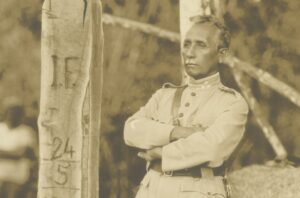
The Complex Legacy of Brazilian Explorer Cândido Rondon
The general was an early advocate for Indigenous people—but reality has fallen brutally short of his ideals.
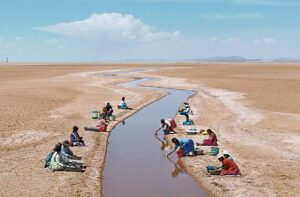
The Intergenerational Heartbreak of Bolivia’s Urbanization
Alejandro Loayza Grisi’s “Utama” looks at the human side of environmental crisis in the Bolivian highlands.

Explaining Evangelicalism’s Uneven Political Success
A new book sheds light on why evangelical Christianity has generated greater electoral power in some Latin American countries than in others.

Mariana Enríquez’s Meaningful Monsters
An Argentine novel uses the supernatural to explore abuses of power in the country’s past and present.
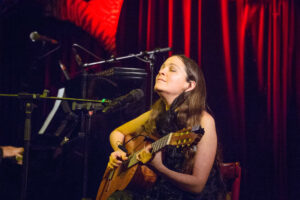
AQ’s Winter Playlist: Mellow Music for the Southern Summer
A selection of new Latin American releases, to warm a cold Northern night or dance a Southern summer night away.


